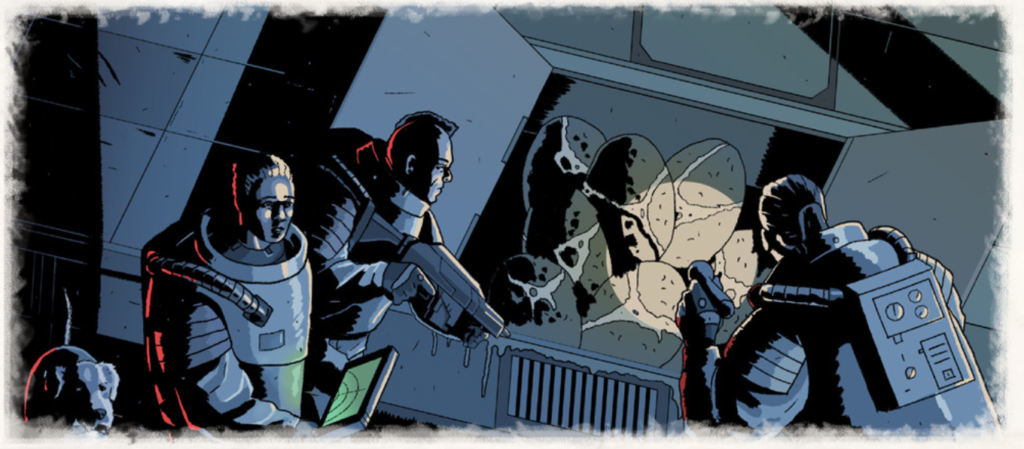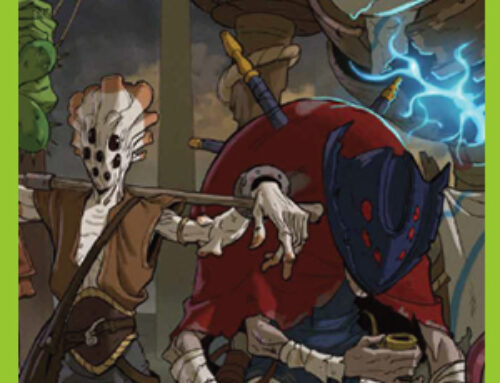How to swim in a sea of TTRPGs

Many newcomers to TTRPGs hear about one game and they don’t know about what other options are out there, while many veterans have found the game they like and they don’t know what else could be out there. This is a shame because many systems are made for very specific intentions, so that their exact niche can be explored. I also find that some groups might do better with a simple system over a complex system. Simple being games like Monster of the Week, Blades in the Dark, and Tales from the Loop. Or complex being those most people are familiar with like D&D, Pathfinder, and Call of Cthulhu. I will delve into their differences, pros and cons, and why a group should consider one over the other.
Complex systems are generally more well known because they gravitate toward the classic adventure format that TTRPGs tend to depict; a band of misfits coming together to take down the big bad evil guy. Which makes sense, because they do it well. Longform serialized play is what complex systems facilitate best. Of course one shots can be done, as well as smaller scale games, but due to the complexity, they can get slowed down. More rules usually correlates to more time at the table. Not everyone has that much time, so in that instance, the complexity can become a con.
I mentioned serialized play. That just means that these games are being played consistently over long periods of time while continuing the same adventure. So, they’re great at following a character’s entire journey from the bottom to the top of the food chain; they also tend to have rules for progression, making it feel like the character is truly growing. Unfortunately, this also means that the GM needs to be able to keep that story going too. Modules can be a great help, but for those creating original content for their group, they need to have the time to prepare for everything the players will be seeing; this can quickly develop into a part time job depending upon the level of commitment from the GM. Again, time is a factor for complex games.
Complex games are great for those groups that commit to consistent play, and want to see every part of the adventure through.

Simple systems are just that; simple. They have less rules to interact with, meaning they are also easier to learn, and they can take less time to play. Because they have less rules, they tend to rely more on improvisation and narrative. Not so say complex systems don’t have these elements; simple systems just necessitate them more often.
Having less rules means players have less to directly manipulate or change about their character. Progression tends to be minimal in comparison to complex games, through small bonuses rather than new big flashy abilities. This is important to some players, but if it’s a smaller scale story, it is ok. Characters don’t have much time to grow in four to eight sessions, and basically no time at all in a one shot.
Combat is also usually quicker in simpler systems. Its decisiveness and mortality is often on full display, as character’s tend to die quicker. Of course, it’s dependent on the system; not every game is going to involve PC deaths. (but Death in Space surely will.) These systems also tend to lean more in the theater of the mind realm, rather than putting minis down on the table. This again leads into the idea that weaving the story is more important than duking it out to the death.
Ultimately, I just wanted to point out the differences and advantages and disadvantages of each option, since not everyone knows. If drama and the improv involved in telling a story at the table is the focus, rather than all the number crunching; play a simple system. If delving into manipulating every part of a character, and watching them grow over a long period of time is the goal; play a complex system.




